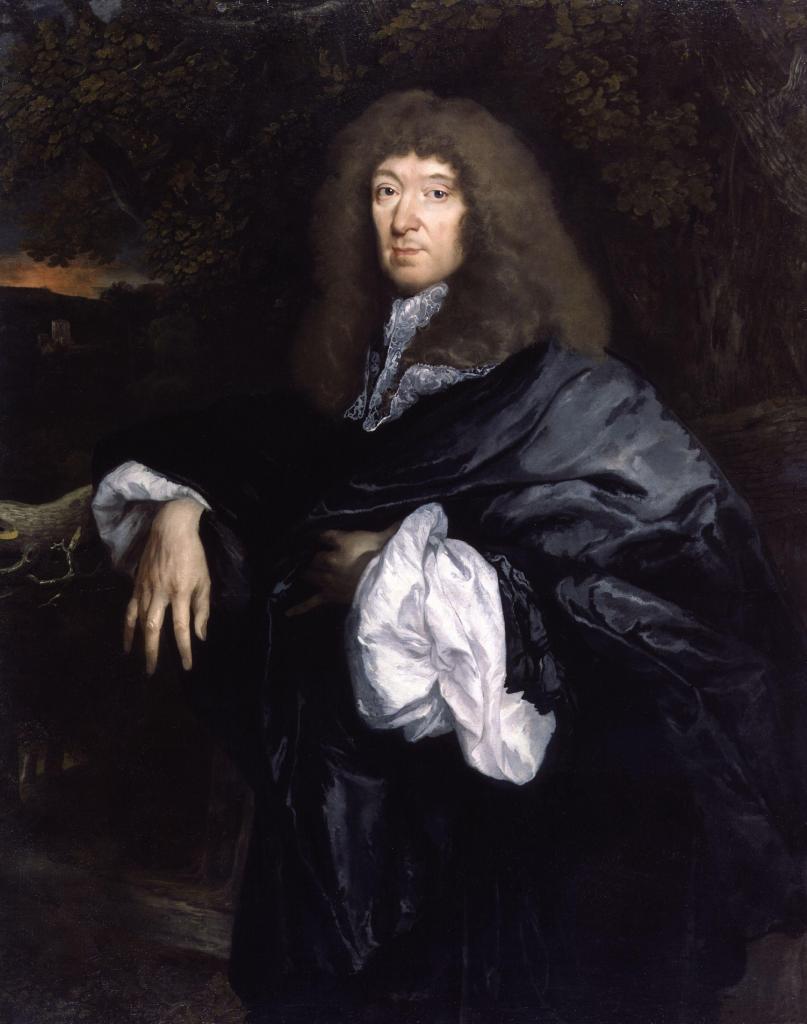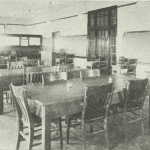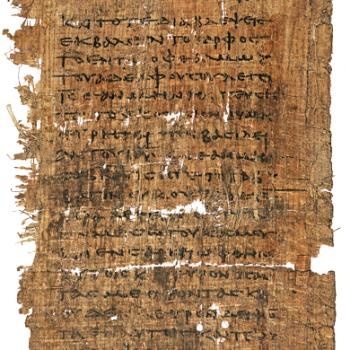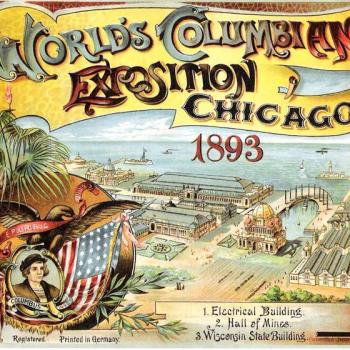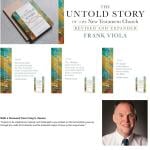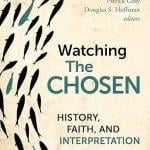Many years ago, I saw the superb play Brief Lives, which led me promptly to explore the sprawling, shapeless, and endlessly readable book of that name by John Aubrey (1626-1697), on which the play is based. Aubrey knew everybody, and loved to gossip. There is no useful or systematic way to read his book cover to cover: you just start randomly and follow its courses as it meanders along. The play consisted of one off-the-charts brilliant actor, Roy Dotrice, solo and on stage the whole time, in character as a garrulous old host chatting at endless and fascinating length. At the time, Dotrice was actually at the ripe old age of late-40s.
In the process of writing his Lives, Aubrey included extensive comments on religion and the politics of religion, much of which still echoes today. Two examples of such quotable religious commentary come to mind, one famous and often cited, the other absolutely not. Both come from the work of Samuel Butler (1613-1680), who was once one of the best known poets in English. Through the 1660s and 1670s, he was publishing a satirical mock epic called Hudibras, which targets a Puritan religious hypocrite of that name. Here is the description of the man’s religious approach, which is obviously based on the Puritan revolutionaries of the era, but could very well apply equally to fanatics in other faiths, including Islam. There too we find hard core believers who are always wanting to return to an imagined pristine past, and will use armed force to get to that destination:
For his Religion, it was fit
To match his Learning and his Wit:
‘Twas Presbyterian true blew;
For he was of that stubborn Crew
Of Errant Saints, whom all men grant
To be the true Church Militant:
Such as do build their Faith upon
The holy text of Pike and Gun;
Decide all Controversies by
Infallible Artillery;
And prove their Doctrine Orthodox
By Apostolic Blows and Knocks;
Call Fire and Sword and Desolation,
A godly-thorough-Reformation,
Which always must be carry’d on,
And still be doing, never done:
As if Religion were intended
For nothing else but to be mended.
As I say, that passage often appears in history books on the era, but another text that in some ways is equally informative does not, and you only find it in Aubrey.
Like most of his English contemporaries, Butler was violently anti-Catholic. He wrote one passage that he intended for inclusion in a larger piece, but for whatever reason, it was not published, and was only preserved by Aubrey. I include it because it offers a commentary I have not often seen on the Catholic successes in global church expansion. (At this point, around 1680, the Protestants were barely represented in the mission fields). Basically, says Butler, the Jesuits especially were choosing the mission targets they were because, that was where the money was. It’s a version of the infamous Black Legend about Catholic (and especially Spanish) greed, but unusually focused:
No Jesuite ever took in hand,
To plant a church in barren land;
Or ever thought it worth his while
A Swede or Russe to reconcile;
For where there is not store of wealth,
Souls are not worth the charge of health
Spaine on America had two designes
To sell their Ghospell for their mines;
For had the Mexicans been poore,
No Spaniard twice had landed on their shore.
‘Twas gold the Catholick Religion planted,
Which, had they wanted gold, they still had wanted.
Like so much else in Samuel Butler (or Aubrey himself), that is so very quotable, and at every point, it cries out for a “Discuss!”


